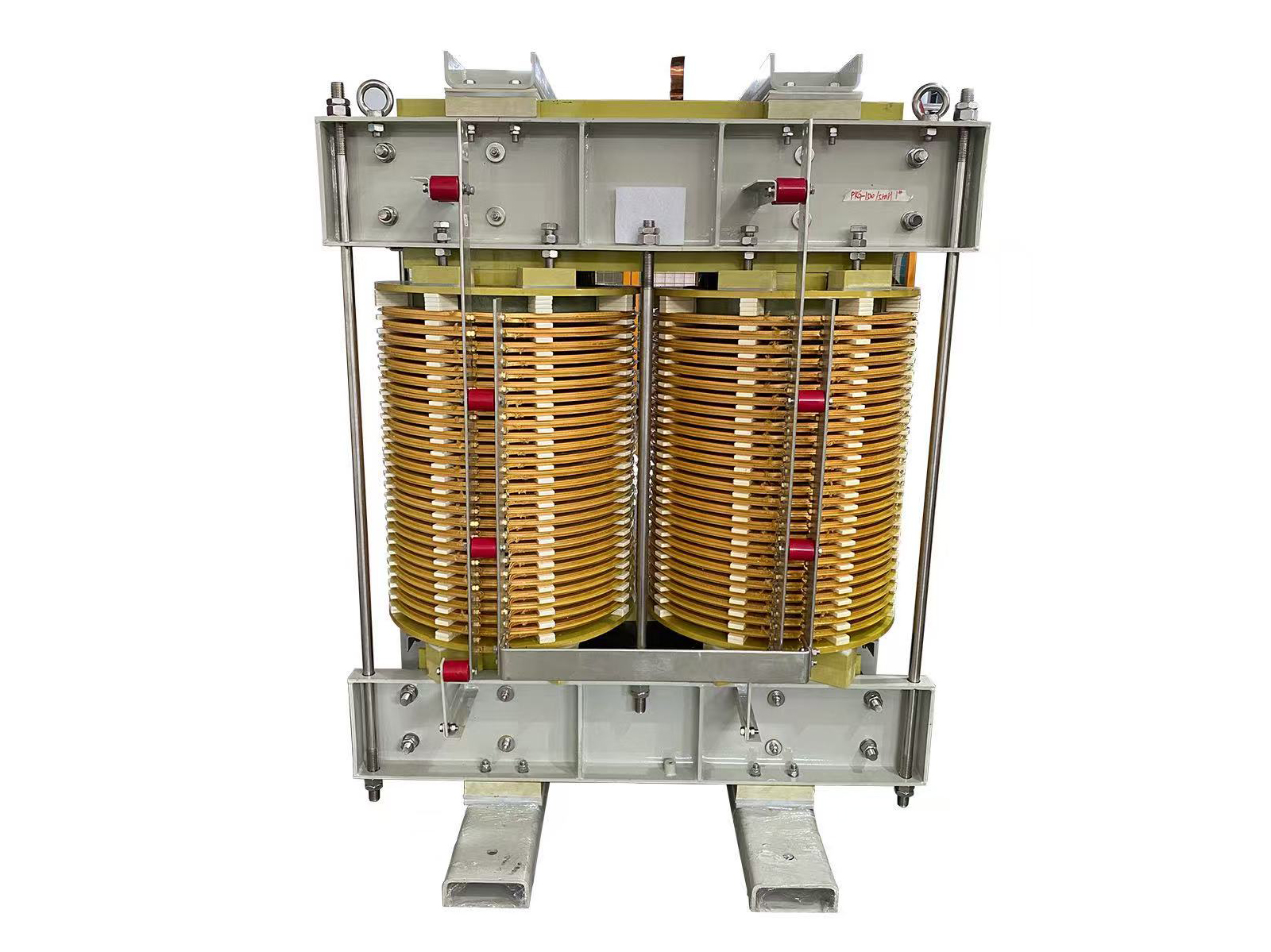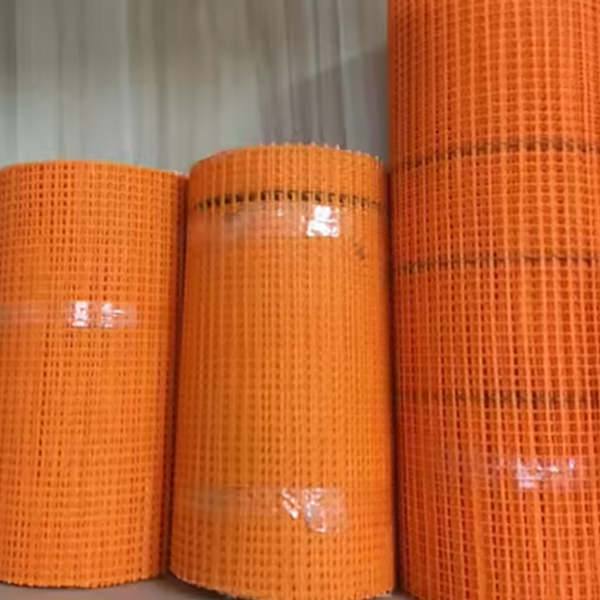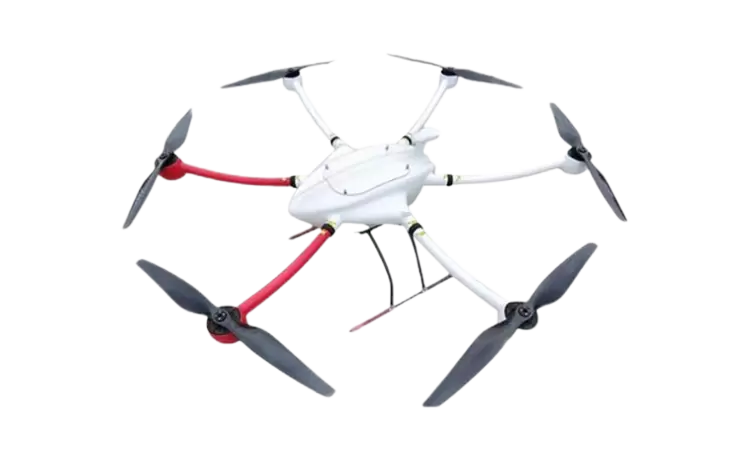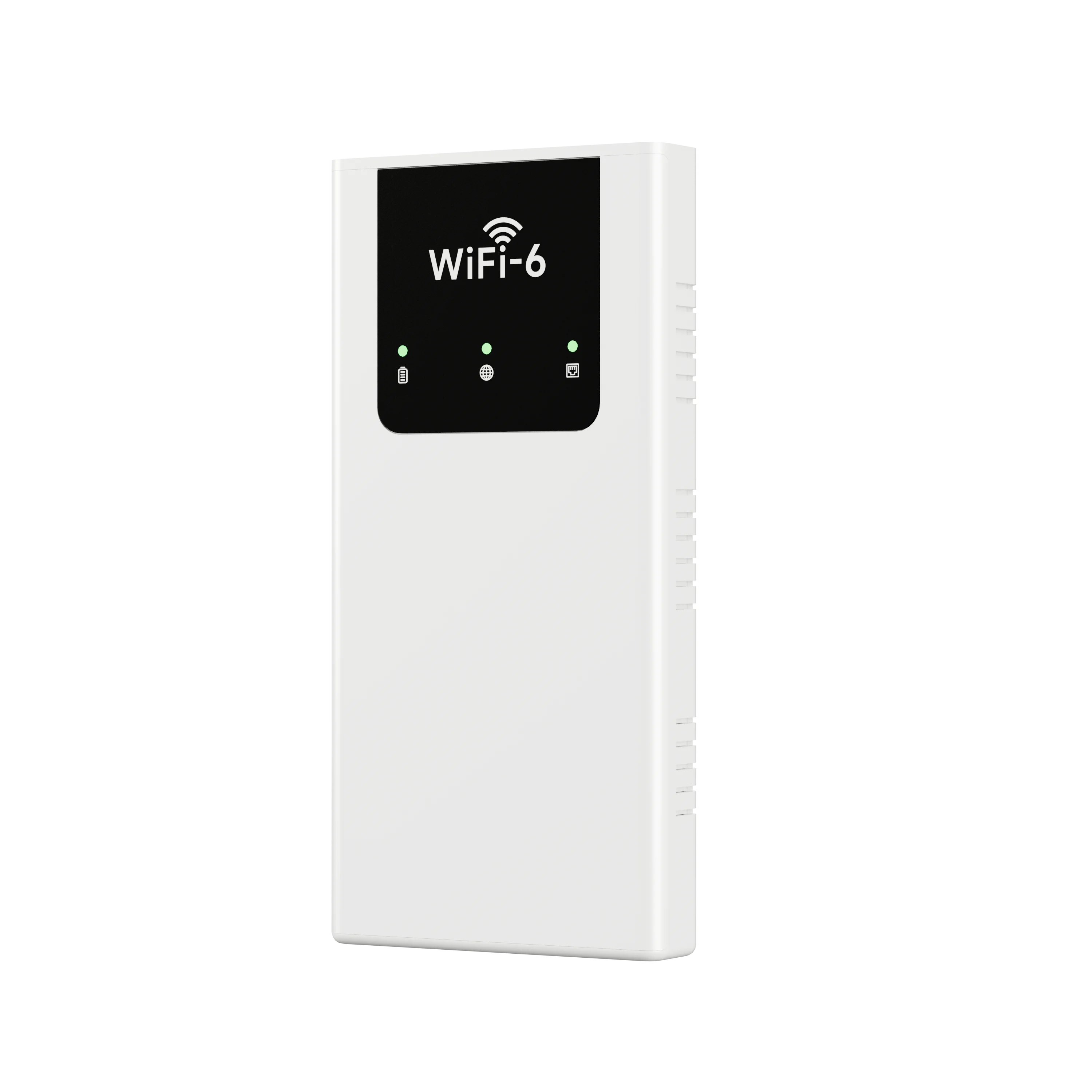Pest control is an essential aspect of agriculture, forestry, and horticulture. Farmers and growers have traditionally relied on chemical pesticides to control pests and diseases. However, the use of chemical pesticides has several drawbacks, including environmental pollution, health hazards, and the development of pesticide-resistant pests. Biological control, on the other hand, is a safer and more sustainable alternative to chemical control. In this blog post, we will discuss why biological control is better than chemical control.
- Environmental Safety:
Chemical pesticides are toxic to the environment and can cause pollution of soil, water, and air. They can also harm non-target organisms, including beneficial insects, birds, and mammals. In contrast, biological control agents are specific to the target pest and do not harm other organisms. They are also biodegradable and do not persist in the environment. - Health Hazards:
Chemical pesticides can pose health hazards to farmers, farm workers, and consumers. Exposure to pesticides can cause acute and chronic health effects, including skin irritation, respiratory problems, and cancer. Biological control agents, on the other hand, are safe for humans and animals and do not pose any health hazards. - Sustainability:
Chemical pesticides have a limited lifespan and can lead to the development of pesticide-resistant pests. This means that farmers have to use more and more pesticides to control pests, leading to a vicious cycle of pesticide use. Biological control, on the other hand, is a sustainable approach to pest control. Biological control agents can reproduce and persist in the environment, providing long-term pest control. - Cost-effectiveness:
Chemical pesticides are expensive and require frequent applications. In contrast, biological control agents are cost-effective and require fewer applications. They can also reduce the need for other inputs, such as fertilizers and irrigation.
Conclusion:
In conclusion, biological control is a safer, more sustainable, and cost-effective alternative to chemical control. It provides effective pest control without harming the environment, human health, or non-target organisms. As farmers and growers become more aware of the benefits of biological control, we can expect to see a shift towards this more sustainable approach to pest control.





